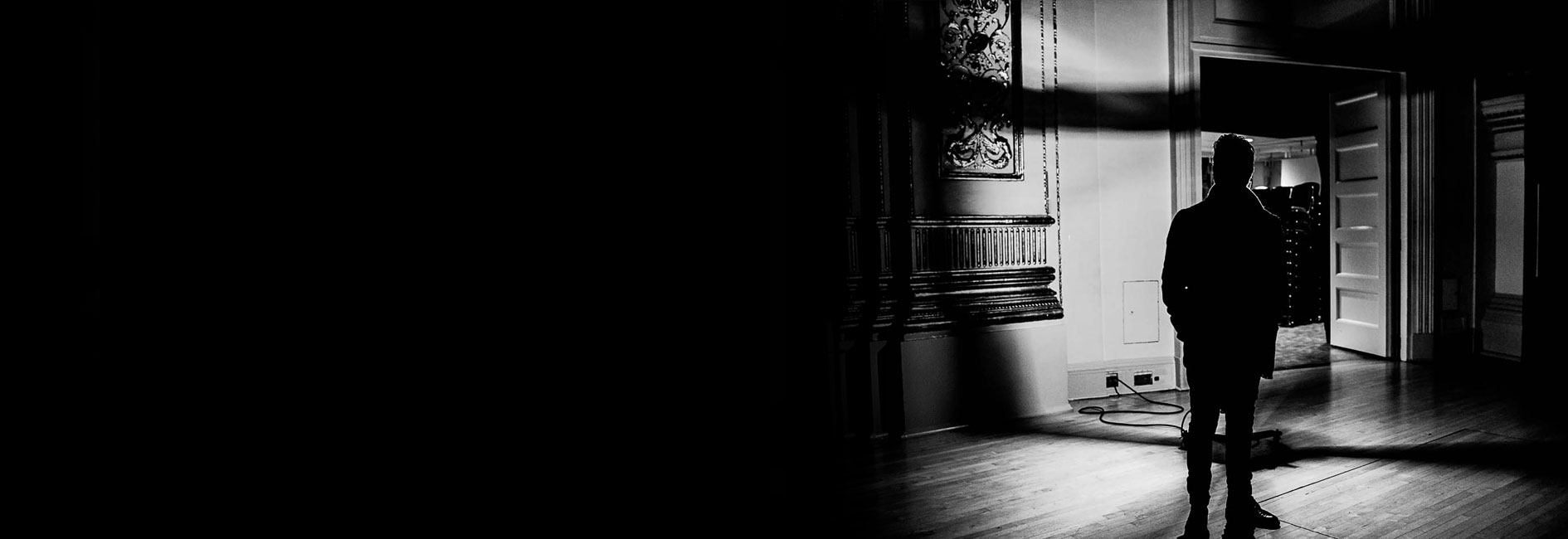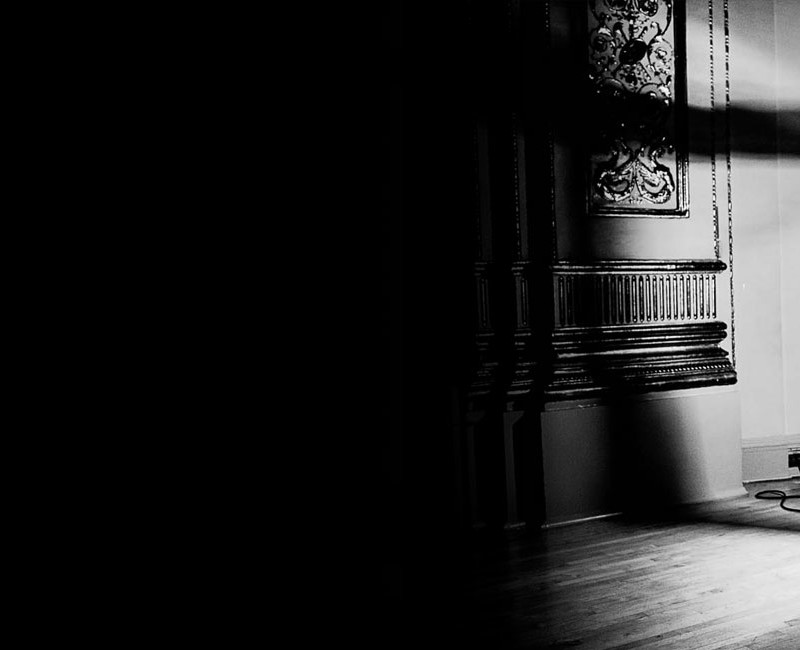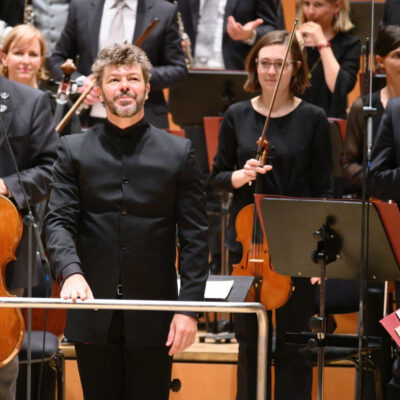
Munich Philharmonic Orchestra New Year’s Eve concerts
05 Jan 2024
Unknown Destination Ahead: Beethoven’s Ninth with Pablo Heras-Casado
Merkur
With Beethoven’s Ninth, Pablo Heras-Casado makes a powerful impact with the Munich Philharmonic Orchestra. However, what he exactly wants to achieve with the work is not entirely clear at the turn of the year.
Stylistically, the man knows no taboo. Pablo Heras-Casado conducts just about everything from the Baroque to the 21st century. This is impressive and also clever, as the Spaniard utilizes the experiences of the ensembles he engages with. From the Freiburg Baroque Orchestra, from the Concentus Musicus Wien, from the Ensemble Intercontemporain for modern works, and last summer, for Wagner’s “Parsifal”, with the Bayreuth Festival Orchestra.
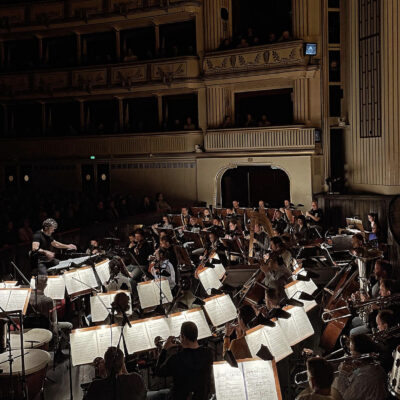
Premiere Le Grand Macabre, Ligeti – Wiener Staatsoper
14 Nov 2023
Apocalypse can be so colorful!
BR Klassik
It is the only opera by György Ligeti, but there is a whole world in it: “Le Grand Macabre” is a cornucopia of musical ideas. And they come into their own fantastically in the new production at the Vienna State Opera.
[…] In Vienna, Pablo Heras-Casado holds all the strings, ropes and occasionally choppy cables of the score together perfectly, the music is brilliant, and the Slovak Philharmonic Choir delivers precise vocal hullabaloo (rehearsed by Jozef Chabroň).
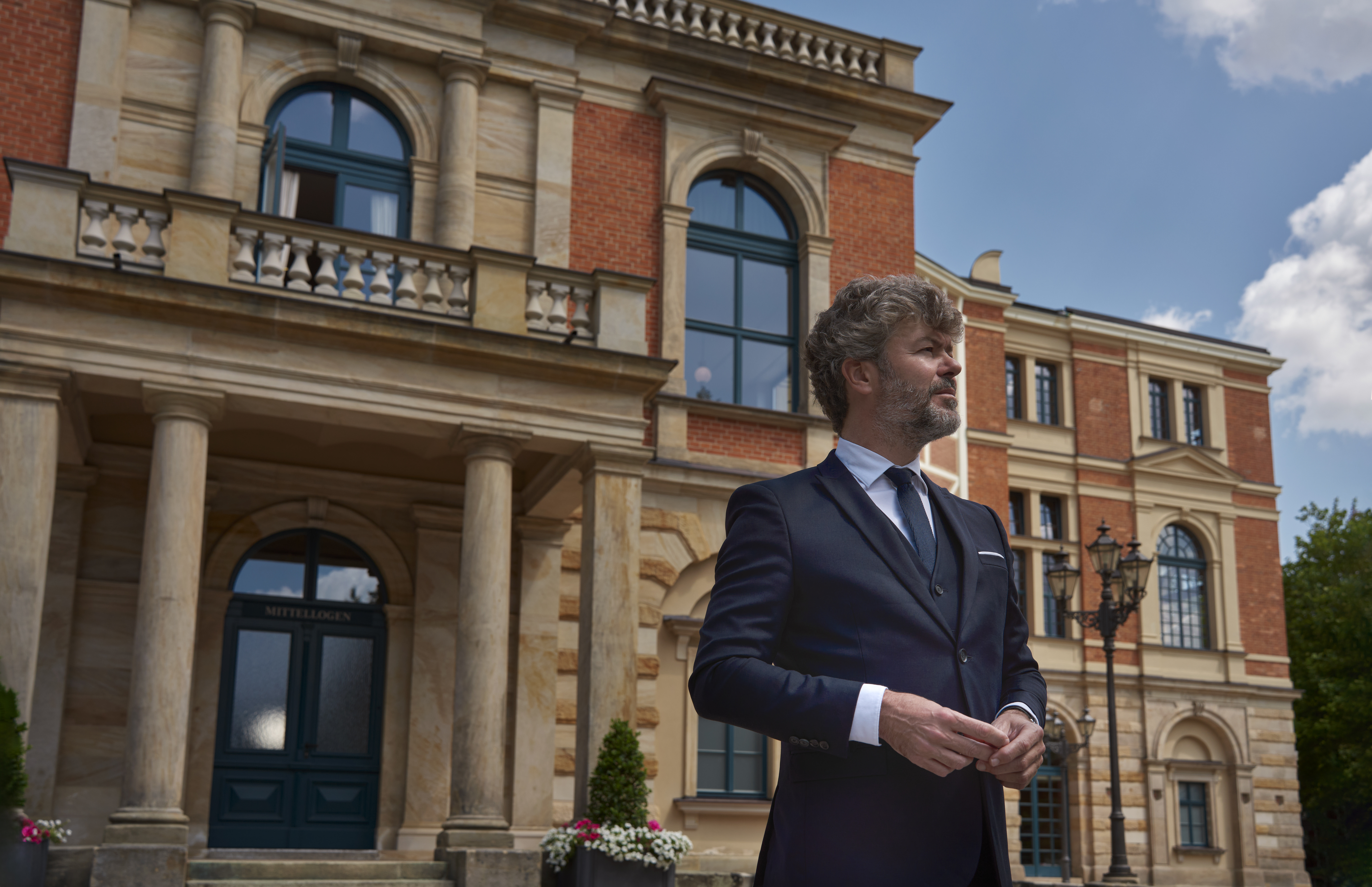
Triumphant debut by Pablo Heras-Casado
26 Jul 2023
TRIUMPHANT DEBUT BY PABLO HERAS-CASADO
Conductor Pablo Heras-Casado masters the difficult acoustics of the Festspielhaus right from his debut. What more famous conductors have failed at time and again, he succeeds at once: that orchestra, singers and even the fantastic choir really breathe together. It seems almost paradoxical: although Heras-Casado chooses fast tempi, the music never seems driven. For long stretches, this is fascinatingly slow, solemn music, which, however, flows as if through a natural inner gradient. Wagner’s refined sound mixtures are finely sounded out, the phrases speak – even in the orchestra, the climaxes lead to the goal. Who needs glasses?
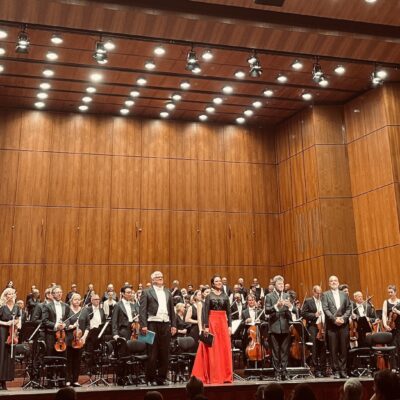
SWR Tour Press Reviews
12 Jul 2023
Stuttgarter Zeitung/ Backnanger Kreiszeitung.
On 25 July, the Spaniard will make his Bayreuth debut on the podium at the start of the Wagner Festival with “Parsifal”. Now he will fire up Mendelssohn’s sounds: This music has freshness, power and emotion. And emotion. […] Igor Stravinsky’s Symphony of Psalms (1930) is also very rhythmic, with a strong emphasis on the winds. The high strings are free here, and the great emotions pause with them. At the end, however, Pablo Heras-Casado lets them in through the back door: In the first two psalms, which are more about proclamation than internalisation, the SWR vocal ensemble declaims and intones flawlessly. The orchestra sets precise accents in the motoric forward stride.
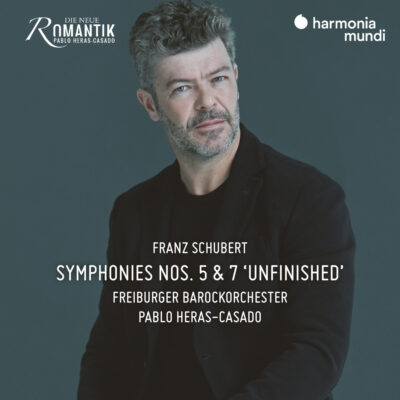
Schubert: Symphonies Nº. 5 & 7 “Unfinished” Reviews
08 Jul 2023
NDR Kultur Album of the Week: Pablo Heras-Casado conducts Schubert by Chantal Nastasi
The Spanish conductor Pablo Heras-Casado and the Freiburg Baroque Orchestra have already won several awards together. With their new Schubert recording, they succeed in creating a lively interpretation.
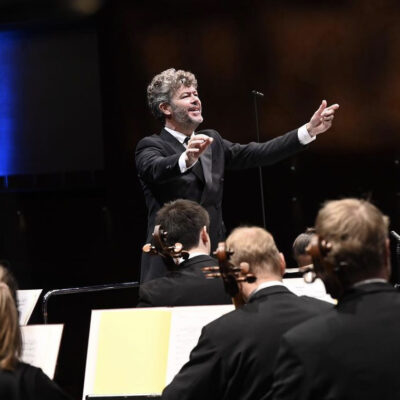
Festspielhaus Baden-Baden Press Reviews
06 Jun 2023
‘Raising expectations’ – Review by the Badische Neueste Nachrichten.
by Isabel Steppeler.
Bewitching “Parsifal” Finale with Pablo Heras-Casado at the end of the Pfingstfestspiele.
An exclamation mark at the end: The Pfingstfestspiele with the SWR Symphony Orchestra in Baden-Baden came to an end on Sunday with moving sounds. As at the opening, Richard Wagner’s work was the focus of the last concert: the prelude and the third act of his consecrated stage play “Parsifal” developed a beguiling effect in Pablo Heras-Casado’s sensual and analytical interpretation.
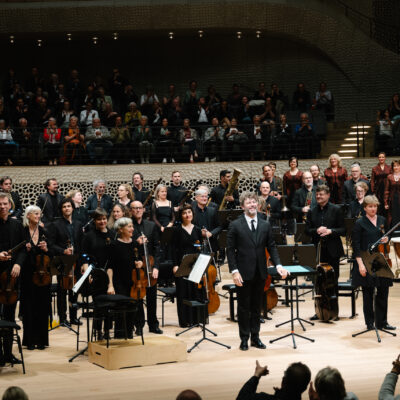
Freiburger Barockorchester Tour Press Reviews
22 May 2023
Kölner Stadtanzeiger
Soundtrack for a summer night.
“[…] The threads of the performance, which was magnificent in every respect, came together under the Spanish conductor Pablo Heras-Casado, who had already given Franz Schubert’s “little” C major symphony a striking profile: a perfectly balanced interplay of different movement patterns, a graceful dance of lace, which was interrupted every now and then by cheerfully booming canon salvos.”
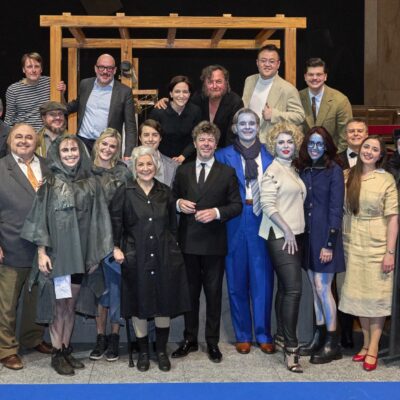
‘Il ritorno d’Ulisse patria’ Press Reviews
04 Apr 2023
BR Klassik
Three completely different theatrical manuscripts on stage, held together in the pit by the Concentus Musicus Wien under Pablo Heras-Casado. He has already shown in previous productions that minimalism is not his thing: sonority and a joyfulness of colour reign supreme.
BADAJOZ / El ‘Parsifal’ de Heras-Casado
28 Jan 2023
(Music review in Spanish). “…En sus manos, la orquesta cantó y dialogó con las voces con naturalidad. Contó para ello con una Orquesta de Extremadura, debidamente reforzada con miembros de la formación joven, que ofreció un empaste admirable. Las cuerdas sonaron con sensualidad cuando arroparon a Kundry, por ejemplo, y con pleno brillo a todo lo largo de los dos días en que se dividió la interpretación de esta ópera y cabe asimismo alabar la calidad de las prestaciones de los metales y maderas, plenamente empastados con un sonido global rico en matices…”. Por Andrés Moreno Mengibar.
Pablo Heras-Casado inaugurará el Festival de Bayreuth de 2023 con ‘Parsifal’
23 Jul 2022
El director granadino será la segunda batuta española en liderar una ópera en el templo wagneriano desde que se inaugurara en 1876
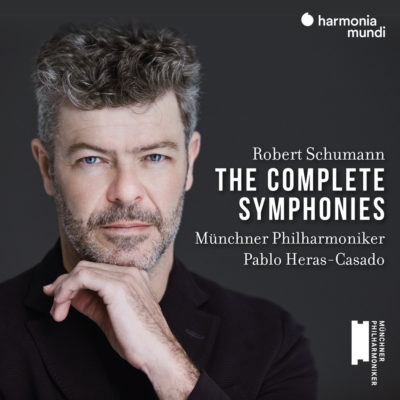
CD der Woche: Münchner Philharmoniker spielen Schumann
11 Jun 2022
Vier Sinfonien hat Robert Schumann hinterlassen. Die Münchner Philharmoniker haben sie jetzt unter Pablo Heras-Casado aufgenommen.
Pablo Heras-Casado graba la integral de las sinfonías de Schumann con la Filarmónica de Múnich
02 Jun 2022
Este viernes, 3 de junio, el sello Harmonia Mundi lanza al mercado la última grabación de Pablo Heras-Casado, consagrada a la integral de las sinfonías de Robert Schumann. El director granadino ya tenía en su discografía los tres conciertos de Schumann (para piano, para violonchelo y para violín), grabados con la Orquesta Barroca de Friburgo. En este caso, Heras-Casado no ha optado por un conjunto historicista (como también hizo con las sinfonías de Schubert y Mendelssohn), sino por una orquesta moderna de la larga tradición: la Filarmónica de Múnich.
Las cuatro sinfonías de Schumann conforman un legado de gran originalidad, aunque durante mucho tiempo se imputaron a estas partituras supuestos defectos de orquestación. Ilustres directores del pasado (Mahler in primis, pero también Szell) se sintieron con derecho a retocar la instrumentación para –en su opinión– mejorar los equilibrios sonoros y las texturas, una práctica que afortunadamente hoy en día ha caído en desuso. En la Sinfonía nº 4 Heras-Casado escoge la revisión de 1851 (la más habitualmente interpretada) y no la versión original de 1841, publicada a principios del siglo XXI.
